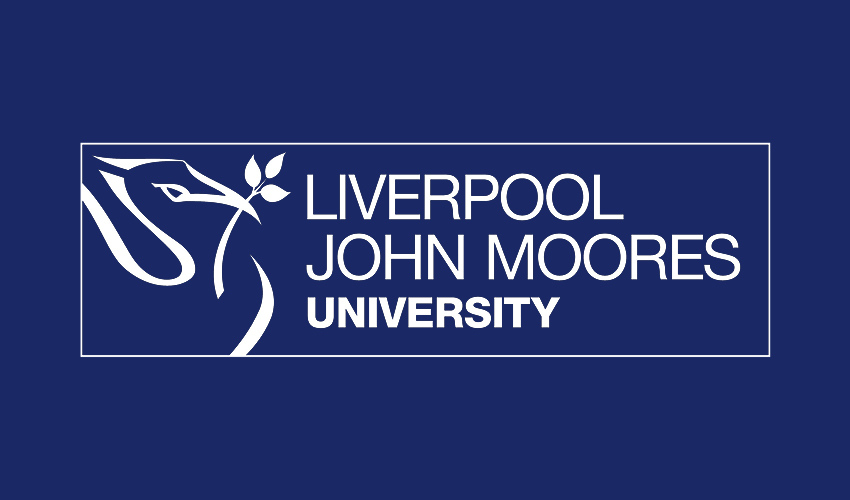About Bsc (hons) Computer Security in Liverpool John Moores University
The demand for suitably qualified professionals is increasing as IT security problems escalate so you should enjoy excellent career prospects after graduation. LJMU has a growing national and international reputation for its research into computer security and this expertise ensures the degree is at the leading edge of developments in this discipline.
Information technology has transformed the way in which commerce and industry operate, but it has also provided criminals with a new way of committing crime, either against the computer itself or the information it holds. Major organisations are therefore increasingly reliant on dedicated information security professionals to protect sophisticated computing systems against the threat of cyber-crime.
This course provides you with the skills to plan and implement cyber security systems, developing competence in technical areas like ethical hacking, cryptography and software development together with an understanding of ethical and privacy considerations.
Practical, hands-on experience to boost your employability is incorporated into this programme wherever possible. However the best way to really get a taste of working in the computer security industry or the IT industry in general is to take a year out after your second year and spend 12 months on supervised work placement.
This invaluable experience gives you a chance to put into practice the many concepts and techniques you have learnt on the course, as well as developing new skills. We highly recommend that you take up this opportunity, as it will greatly enhance your prospects when you come to negotiate your way around the competitive graduate job market.
Our teaching is supported by high quality research and collaboration with local and national companies such as Xyone Security, Fujitsu, Corus, Unilever, Sony Computer Entertainment Europe, IBM, Eutechnyx, Jagex, Spiral House, Heinz, Liverpool Direct, Pilkington, MBNA Bank, HM Treasury, Lloyds TSB, Thames Water Authority, AstraZeneca, Littlewoods, Vauxhall Motors, GlaxoSmithKline to name but a few. This means that our computing courses are designed and developed to meet the needs of employers today, as well as creating excellent work placements for students.
Entry Requirements
-
A Higher Secondary Certificate/Standard 12/Indian School Certificate (Year 12)
or
All India Senior School Certificate Examination with a minimum of 65% (60% in Maths and your chosen subject and 70% in English)
English language requirements
-
IELTS :6.0 Overall with 5.5 in each component
-
TOEFL IB : 78 Overall with R18, W17, L17, S20
Liverpool John Moores University Highlights
| Type |
Public University |
| Campus Setting |
Urban |
| Establishment year |
1823 |
| Location |
Liverpool, England |
| Student population |
23,200 |
| Faculties |
5 |
| Student to faculty ratio |
15:1 |
| Accommodation |
Available |
| Application mode |
Online |
| Document submission mode |
Online |
| Courses offered |
UG bachelor, PG masters PhD; certificates, dual degrees, distance learning, foundation+ |
| Official website |
www.ljmu.ac.uk |
| International scholarships |
Available |
| Work study |
Available |
Liverpool John Moores University Cost of Attendance
Given here is a detailed breakdown of the basic expenses.
| For Undergraduate Students |
| Foundation programmes |
GBP 11,000 |
| Classroom Based |
GBP 15,600 |
| Laboratory based |
GBP 16,100 |
| Industrial placement year |
GBP 3,650 |
| For Graduate Students |
| Laboratory based |
GBP 16,100 |
| Classroom based |
GBP 15,600 |
The weekly living expenses are tabulated below:
| Type of accommodation |
Price |
| Standard shared bathroom |
GBP 90 |
| Bronze En-suite |
GBP 127 |
| Standard En-suite |
GBP 112-114 |
| Self-contained studio |
GBP 169 |
